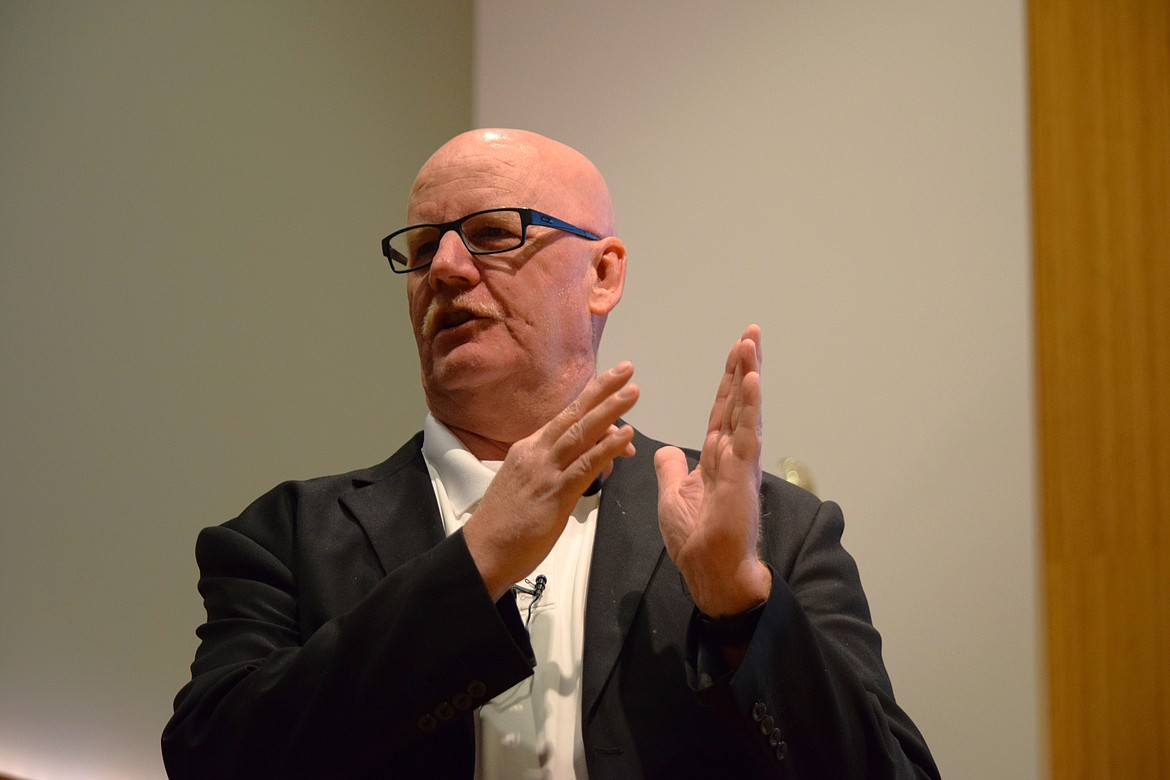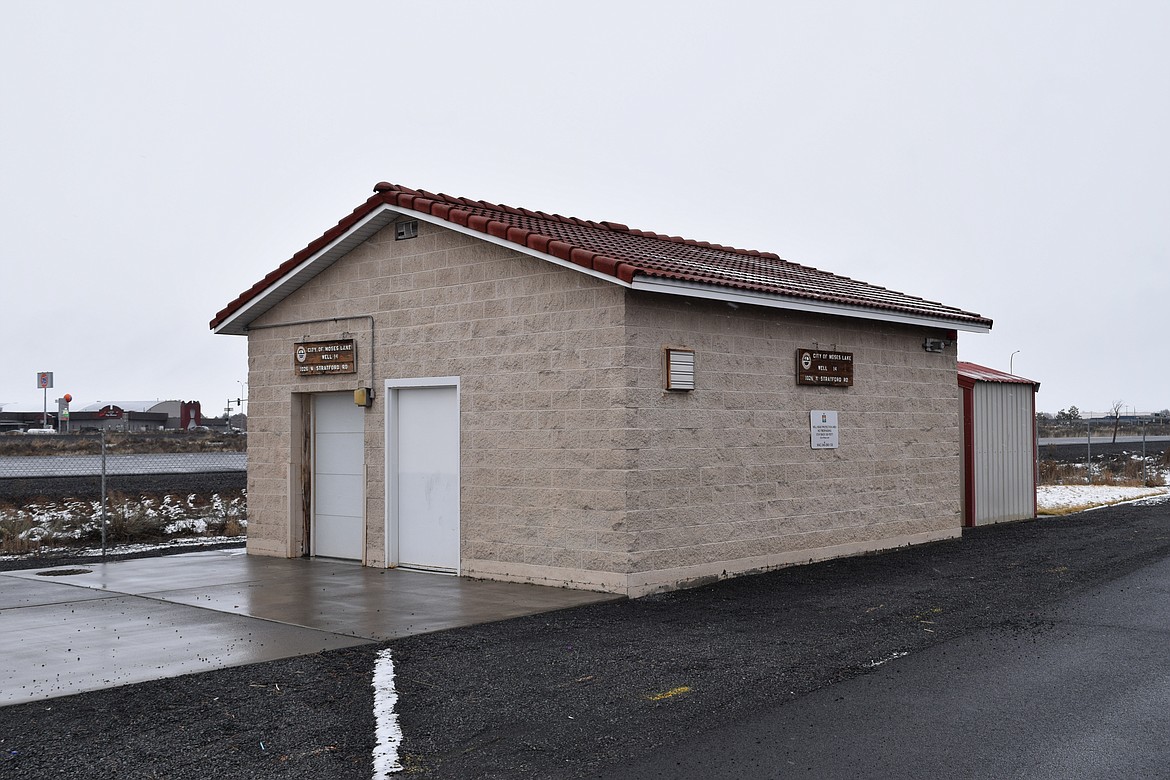‘The very concerned zone’
MOSES LAKE — It’s Moses Lake Municipal Services Director Kirk Holmes’ job to make sure that everyone in Moses Lake has enough water to drink.
Become a Subscriber!
You have read all of your free articles this month. Select a plan below to start your subscription today.
Already a subscriber? Login




